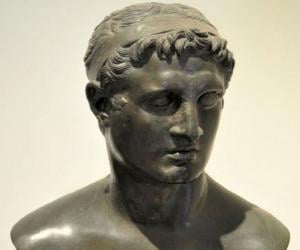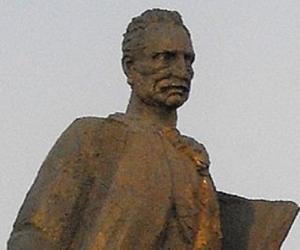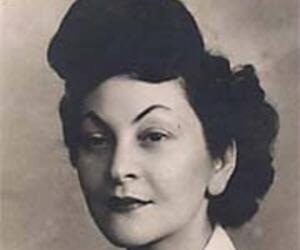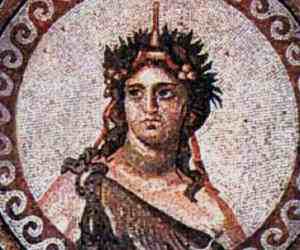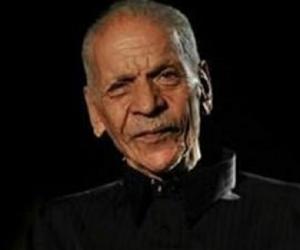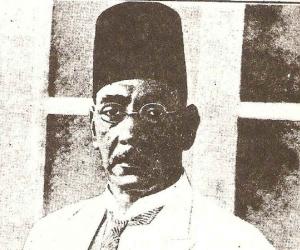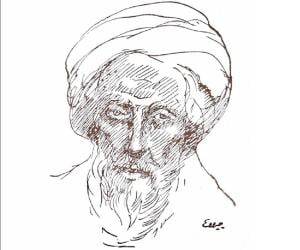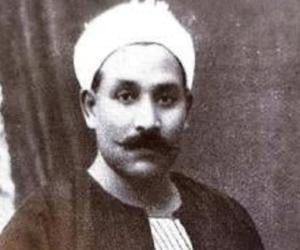1
Aḥmad Shawqī
(Arabic Poet Laureate, Playwright, and Writer)
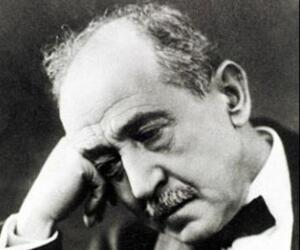
18
4
Birthdate: October 17, 1870
Sun Sign: Libra
Birthplace: Cairo, Egypt
Died: October 14, 1932
Ahmad Shawqi, known as the Prince of Poets, was a prominent Egyptian poet laureate, linguist, and renowned Arabic literary writer of the modern era in the Arab World. He made significant contributions to Arabic literature through his poetry and writings, earning widespread recognition for his literary achievements. Shawqi's work was highly regarded for its cultural richness, poetic depth, and mastery of the Arabic language. His influence extended beyond his lifetime, solidifying his legacy as a key figure in the development of Arabic literature and poetry.
